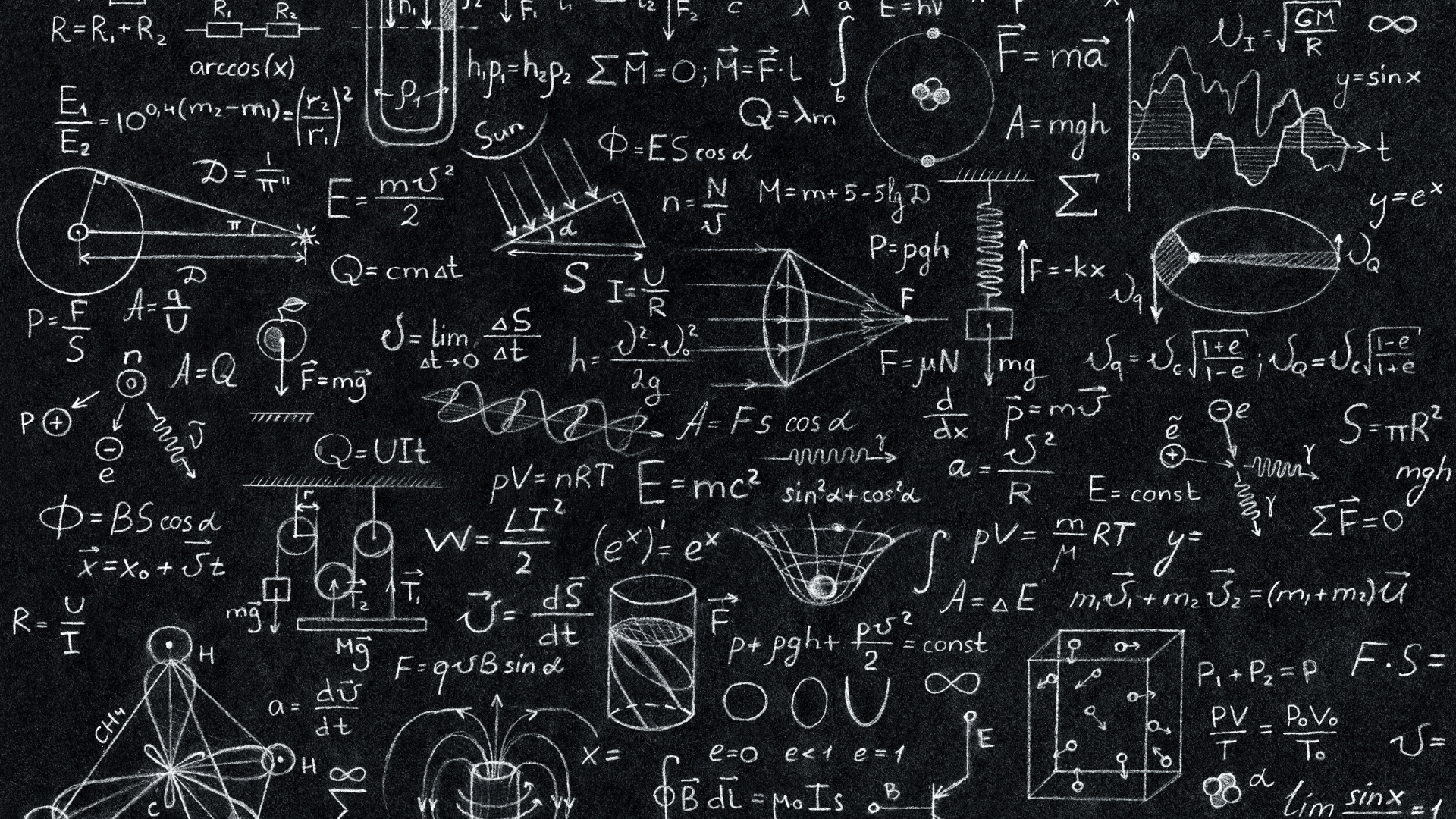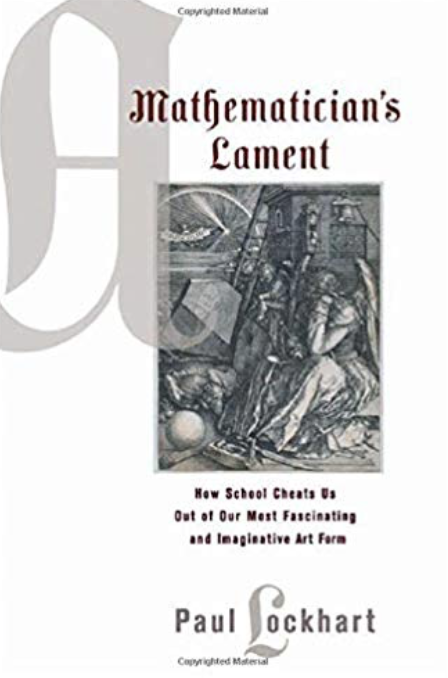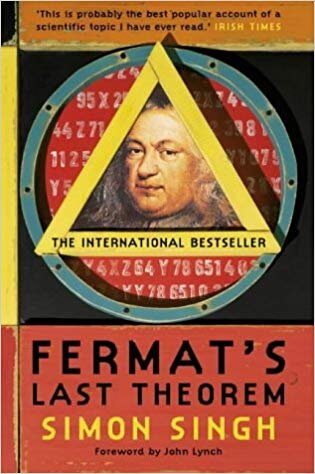Preparing for a Maths Degree, From A PhD Mathematician’s Perspective
Interested in mastering mathematics? Adam completed the four year Master of Mathematics MMATH degree course at St Catherine`s College, Oxford, graduating with a high first (average of 79), and is now a PhD candidate in pure maths at the University of York. Follow his mathematical journey to discover the independent endeavours that prepared him for success, how he learnt to think and verbalise mathematically and how his current research relates to real world phenomena.
What elements of your secondary education/ your independent endeavours do you think most prepared you for your successful Oxford application?
Initially during school I used to find mathematics classes frustrating as I felt that during each class would focus on a particular topic whilst paying little to no attention to the connections between topics. This can lead to a feeling of just being told the way to solve a problem without ever being told why we should solve the problem that way, and in this way it can be easy to develop the view that mathematics is just a list of facts to memorise, whilst never appreciating the beauty of the subject. To tackle this frustration I started to try to pay attention to the connections between different topics, and to appreciate similarities whenever I came across them. I also began to ask lots of questions. Being able to ask good questions is an invaluable skill in mathematics, and the only way to get better is practice. If someone is explaining some maths to you, and you feel that they have overlooked a certain aspect of it, just ask.
At the same time I began to study mathematics outside of the classroom. I spent a lot of time watching videos online about mathematics such as Numberphile and 3blue1brown. These are fantastic for building background understanding of various parts of mathematics, as well as for helping you find exactly what kind of mathematics you like. Along with the videos I also began reading popular mathematics books that I found interesting. There are many many mathematics books written with the intention of developing the public understanding of mathematics, and many of them are fantastic (see list below).
Throughout secondary education there are many fantastic opportunities to partake in various “maths challenges” such as the UKMT Maths Challenge. The styles of questions in these exams tend to be very different from those in school and so can help develop your critical thinking skills. Being able to reason with unfamiliar questions is critical to a successful Oxford application, especially when it comes to the entrance exam, and so any opportunity to come across unfamiliar questions can be very useful.
Why did you decide to apply for Mathematics and how did you prepare for application? Key advice for anyone thinking of Mathematics as a degree.
Throughout secondary school, although I was always better at mathematics, I actually enjoyed my physics classes more. Due to the way that mathematics is taught at secondary school I hadn’t yet fully developed my appreciation for the beauty of the subject. However once I got to A-Level I began to discover that whilst I did enjoy physics, I was far more interested in pure maths.
When I decided that I wanted to try and apply to study Mathematics at the University of Oxford, I realised that I needed to practice verbalising mathematics. Oxford makes use of the tutorial style of teaching, where students are placed in small groups typically 2-3 with a tutor multiple times a week. This is quite an intense style of learning, and students are often expected to choose the content they want the tutor to discuss. It can be an intimidating experience going face to face with world leading experts on such a regular experience, and so Oxford aims to try an identity which students are going to be able to benefit from the system. The interview experience is designed to emulate a tutorial, and so in the interview process they are looking for students who can explain what they’re thinking, and students who can take on new information and apply it. Hence to practice verbalising mathematics I would often find a willing friend who hadn’t done mathematics in a while and explain a concept to them. I also completed a fortnight long work experience placement at a secondary school as a teaching assistant in the mathematics department. Then, as I prepared for my interview, I requested that some teachers in my school provide a mock interview, which was an invaluable experience in helping prepare to confidently discuss mathematics.
The University of Oxford has extra requirements for their application that other universities may not. So make sure that you’re familiar with what exactly the requirements are before you apply. This particularly applies to the entrance exam. Make sure you know what date the deadline to apply is, and what exactly in on the syllabus. Also make sure that you attempt at least a few of the past papers for the entrance exam, and be strict on yourself with the time constraints. You’ll find that the entrance exam to Oxford is far more time pressured than you’re used to with A-Level Maths, so it important to make sure you know exactly how long you have to work on each question.
Another important aspect of the application is the personal statement, and here having a good knowledge of a couple of interesting areas of mathematics was incredibly useful as it helped me to talk about things I found interesting in a sincere manner. Oxford is looking for applicants who are genuinely enthusiastic about their subject rather than just those who are talented at it. My main piece of advice for those considering applying to study mathematics would be to to ask yourself exactly why you’re interested in mathematics. Three to four years is a long time to be studying a single subject, and it’ll certainly be a whole lot easier if its a subject that you have enthusiasm for, rather than just one that you find easy.
What are some of the key elements of your research? Does it relate to phenomena that occur in the real world?
My research is in an area of mathematics called Representation Theory, which is branch of algebra that has a geometric flavour to it. Due to this my research is influenced by a truly broad range of fields, and so having a good understanding of these various fields is critical to being able to tackle problems in Representation Theory. It is influenced by number theory, geometry, combinatorics, linear algebra, abstract algebra and more. Representation Theory studies the interplay of these fields, and so it is important to be comfortable with each of these in their own right.
In essence, representation theory studies how to represent abstract objects called groups / algebras as transformations of spaces. Often these spaces can have geometry attached to them, and these transformations are required to respect that geometry. Groups and algebras, being abstract, can be tricky to studying without having a concrete grounding for them, and representation theory provides this. It allows one to apply tools from linear algebra to the study of symmetries which can render many previously intractable problems tractable. There are many examples of problems not phrased in the language of representation theory whose best known solutions employ representation theory.
Applications to the real world from representation theory are broad. The standard model of particle physics relies heavily on it. Conversation laws in physics, such as time, charge, or energy can be phrased as symmetries of space under certain transformations such as reflections or translations. Understanding these symmetries is precisely the environment of representation theory. Emmy Noether, a German Mathematician from the early 20th century is renowned for many reasons, but perhaps most notably is her theorem, “Noether’s Theorem”, which states exactly that conversation laws and symmetries are one and the same, and this provides a tool for applying representation theory to the real world. Along with this, quantum field theory, the most promising approach to unifying the two grand theories of physics (General relativity and Quantum Mechanics) is phrased in the language of groups acting on objects called manifolds (which are supposed to mathematically encapsulate “space-time”), and this is once again representation theory.
Whilst there is merit in the study of mathematics for its own sake, it is also important (for funding reasons if nothing else) to remain aware of the connection with potential applications, and so being familiar with aspects of applied mathematics is just as important for pure mathematicians as anyone else. Also, almost all universities will require their students to study at least some applied mathematics. In my case, I studied two differential equations courses, a dynamics course, multivariable calculus, probability, statistics, numerical analysis, quantum mechanics, integral transforms and more. It is important to accept this fact and be able to appreciate the skills you can learn from each of these courses, even if your intention is to study pure mathematics.
How important do you think exploration & enquiry is to academic success?
The importance of exploration and enquiry cannot be overstated. Some of my most valuable learning experiences have come from asking important questions at critical moments. The mathematics that comprises A-Level syllabuses has been carefully curated to the point of misrepresenting the subject. The collection of mathematical questions to which we know the answer is a vanishingly small, and it is important to become familiar with the boundaries of our current understanding. If you’re given a mathematical theorem, it is important to know exactly why each of the assumptions are included, otherwise you can end up accidentally applying theorems that do not apply. Famously Poincaré thought he had solved the famous three body problem and released a paper claiming as much, but it later turned out that his work contained a serious error, he had taken a common assumption and applied it beyond the boundary of that assumption. In a certain sense this problem is unsolvable, and it is unsolvable for the exact same reason that it is very difficult to make accurate weather predictions, or why it is essentially impossible to predict the motion of a double pendulum despite both of these systems being entirely deterministic. Mathematicians, like all academics, are essentially curious people, they just have a lot of questions they wanted answered. Eventually you get to a question that no one knows the answer to and so you have to try and figure it out yourself, and that is precisely what research is.
Interested in Oxbridge Maths Mentoring?
Would you like to learn from Adam or another of our Oxbridge mathematicians? Adam hosts MAT Application Test Masterclasses for students applying to Oxford, using his experience working for the university’s own Maths Department. He also hosts specialist classes on pure maths for high performing secondary school students. Check out our tuition division, U2 Tuition, for details of our full Oxbridge mentoring programmes and Email us for more information. Check out his suggested reading below!
Mathematical Reading
Marcus Du Sautoy - Music of The Primes,
Simon Singh - Fermat’s Last Theorem,
Simon Singh - The Simpsons and their Mathematical Secrets,
Matt Parker - Things to Make and Do In The Fourth Dimension,
Matt Parker - Humble Pi: Comedy of Maths Errors,
Aigner, Ziegler - Proofs from The Book (very famous maths book),
Paul Lockhart - A Mathematician’s Lament,
Hardy - A Mathematician’s Apology (an article perhaps more about being a mathematician than maths itself from a retiring mathematician),
Munroe - How To,
Munroe - What If?,
Munroe - Thing Explainer (These last three aren’t strictly maths books, but certainly maths adjacent and well worth a read),
Hawking - Brief Answers to the Big Questions (A Physics book, but great nonetheless).





